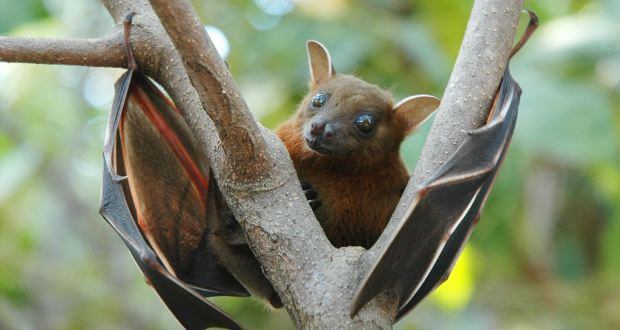Tag: Biological Conservation
-

Deforestation in Western Ghats leading Bats towards extinction, Coffee Plantation Comes to Rescue
A new survey has put bats at the risk of extinction due to deforestation, especially in the Western Ghats of India but there is a glimmer of hope for the species in the upcoming coffee plantation. Besides deforestation, rampant consumption of natural resources too has pushed many species into extinction and tigers, some rare species…